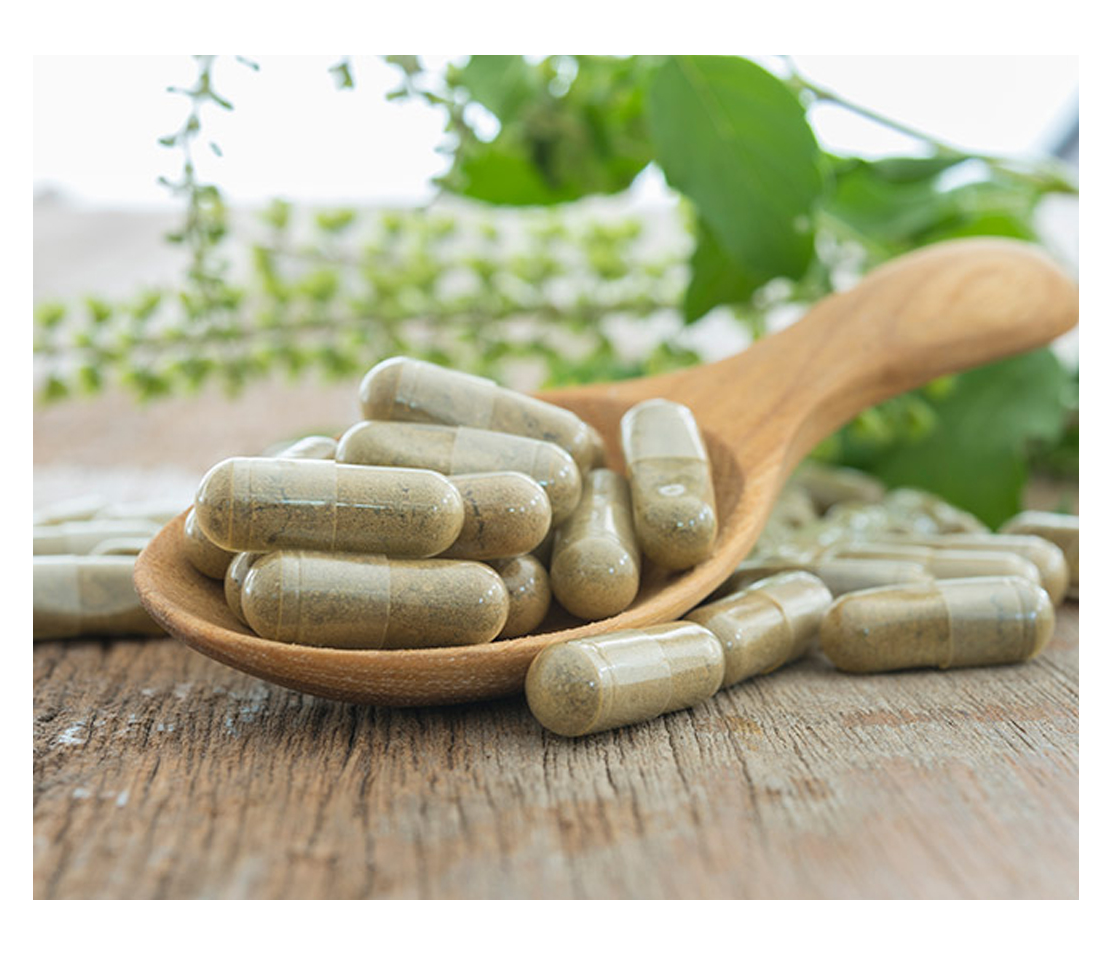Nutraceuticals and Blood Circulation: Exploring the Role of Supplements
Explore the role of essential nutrients, such as omega-3 fatty acids and antioxidants, in supporting optimal blood circulation. Uncover the potential benefits of functional foods and supplements containing Coenzyme Q10, plant-based compounds, and targeted nutrients for specific circulatory conditions. Navigate through the challenges and considerations in nutraceutical use, emphasizing the importance of balance and consultation with healthcare professionals. Join us on a journey through the intersection of nutrition and pharmaceuticals, discovering how nutraceuticals contribute to overall cardiovascular wellness.
Introduction: In the quest for optimal circulatory health, the intersection of nutrition and pharmaceuticals has given rise to a burgeoning field known as nutraceuticals. This article delves into the realm of dietary supplements and their potential impact on blood circulation. From essential vitamins and minerals to emerging trends in functional foods, we explore the role of nutraceuticals in supporting circulatory well-being and overall cardiovascular health.
Essential Nutrients for Circulatory Support: The foundation of circulatory health lies in a well-balanced diet that provides essential nutrients vital for the cardiovascular system. Nutrients such as omega-3 fatty acids, potassium, magnesium, and antioxidants play crucial roles in maintaining blood vessel flexibility, regulating blood pressure, and reducing inflammation. While these nutrients are naturally found in many foods, the use of supplements ensures that individuals attain adequate levels for optimal circulatory function.
Omega-3 Fatty Acids and Their Cardiovascular Benefits: Among the key players in circulatory health, omega-3 fatty acids take center stage. Found abundantly in fatty fish, flaxseeds, and walnuts, these essential fats contribute to cardiovascular wellness by reducing inflammation, improving blood vessel function, and lowering triglyceride levels. Omega-3 supplements, often derived from fish oil or algae, offer a convenient means of supplementing these beneficial fats and supporting overall circulatory health.
The Role of Antioxidants in Protecting Blood Vessels: Antioxidants act as the body's defense against oxidative stress, a contributor to the development of atherosclerosis and other circulatory disorders. Vitamins C and E, along with compounds like flavonoids and polyphenols found in fruits and vegetables, serve as potent antioxidants. Nutraceuticals containing these antioxidants can aid in protecting blood vessels from damage caused by free radicals, promoting a resilient circulatory system.
Functional Foods and Cardiovascular Wellness: The concept of functional foods, those with additional health benefits beyond basic nutrition, is gaining prominence in circulatory health. Ingredients like plant sterols, soluble fibers, and fortified foods with added vitamins and minerals contribute to cholesterol management and overall heart health. Incorporating these functional foods into a balanced diet provides a holistic approach to circulatory wellness.
Coenzyme Q10 and Circulatory Resilience: Coenzyme Q10 (CoQ10) is a naturally occurring compound that plays a vital role in cellular energy production. As an antioxidant, CoQ10 contributes to the protection of blood vessels from oxidative stress. Some studies suggest that CoQ10 supplements may improve endothelial function, enhance blood vessel dilation, and contribute to overall circulatory resilience, particularly in individuals with certain cardiovascular conditions.
Plant-Based Compounds and Blood Pressure Regulation: Plant-derived compounds, such as resveratrol from grapes and quercetin from apples and onions, have shown potential in blood pressure regulation. These natural substances may contribute to the dilation of blood vessels and the reduction of hypertension. Nutraceuticals harnessing these plant-based compounds offer a promising avenue for those seeking non-pharmacological approaches to circulatory health.
Supplementing Nutrients for Specific Circulatory Conditions: In some cases, targeted nutrient supplementation can be beneficial for individuals with specific circulatory conditions. For instance, individuals with peripheral artery disease may benefit from supplementation with L-arginine, an amino acid that supports blood vessel function. However, it is crucial for individuals to consult with healthcare professionals before incorporating supplements, especially in the presence of existing health conditions or medications.
Challenges and Considerations in Nutraceutical Use: While nutraceuticals offer potential benefits, their use comes with challenges and considerations. Quality control, potential interactions with medications, and variations in individual responses are factors that need careful attention. Additionally, relying solely on supplements without a balanced diet may neglect the synergistic effects of nutrients obtained from whole foods.
Conclusion: As we navigate the landscape of circulatory health, nutraceuticals emerge as promising allies in the pursuit of optimal blood circulation. From essential nutrients to specialized supplements addressing specific conditions, the world of nutraceuticals offers a spectrum of options. However, the key lies in balance—balancing supplementation with a nutrient-rich diet, understanding individual needs, and consulting with healthcare professionals. This article celebrates the potential of nutraceuticals as contributors to circulatory well-being, inviting individuals to explore these options while anchoring their choices in the holistic foundation of a heart-healthy lifestyle.



Comments
Leave your comment